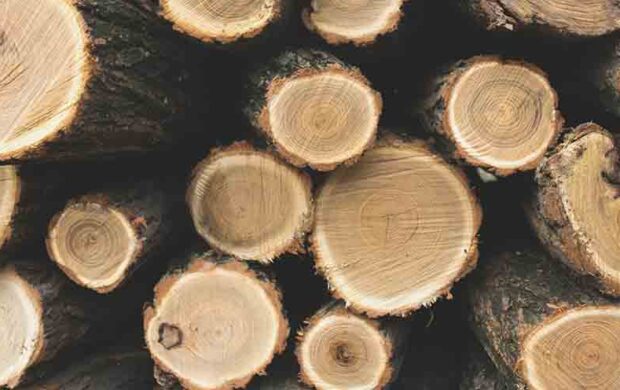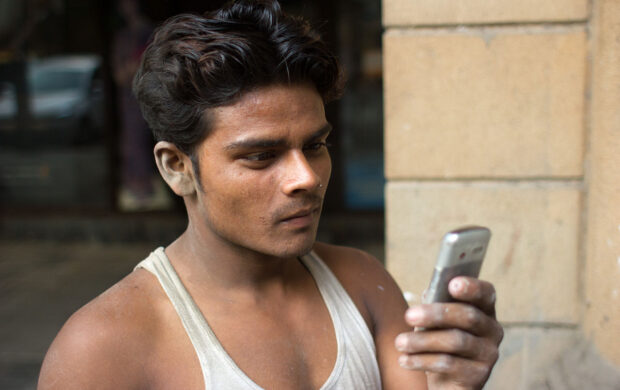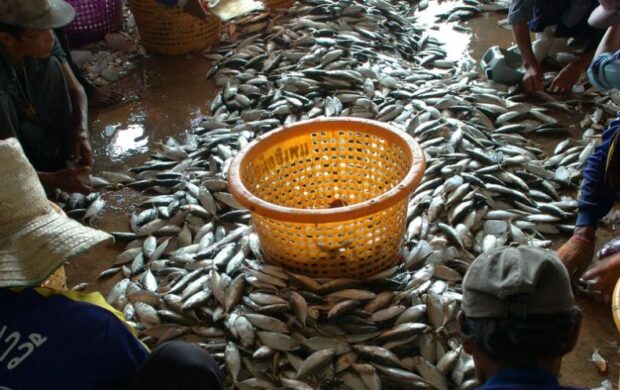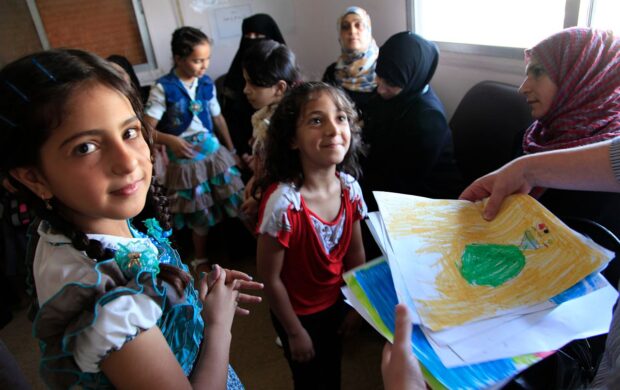This signal was originally written on 20 Sep 2016.
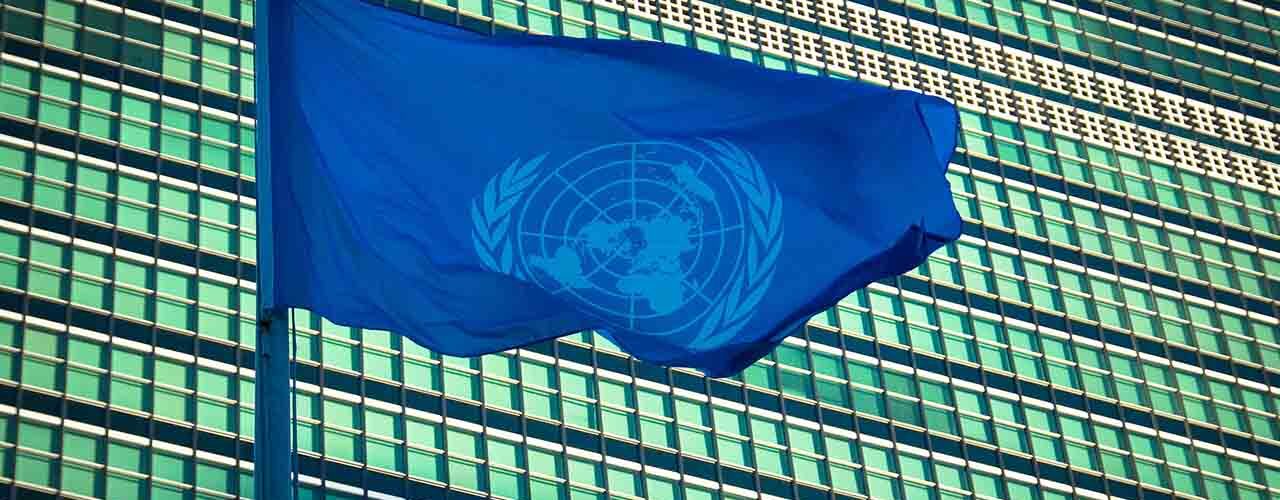
At the 2016 UN General Assembly, world leaders launched an unprecedented effort to roll out universal social protection in countries all around the world. Heads of state, the World Bank Group and International Labour Organization convened on Wednesday 21 September to inaugurate the Global Partnership for Universal Social Protection, which aims to make pensions, maternity, disability and child benefits, among others, available to all persons, closing the gap for hundreds of millions currently unprotected worldwide.
A series of 23 case studies released at the event document how many countries have achieved universality, such as Argentina, Azerbaijan, Bolivia, Botswana, Brazil, Cabo Verde, China, Georgia, Kosovo, Lesotho, the Maldives, Mongolia, Namibia, Nepal, South Africa, Tanzania (Zanzibar), Thailand, Timor-Leste, Trinidad and Tobago and Ukraine, all of which have gone from limited coverage to extend social protection guarantees to all.

